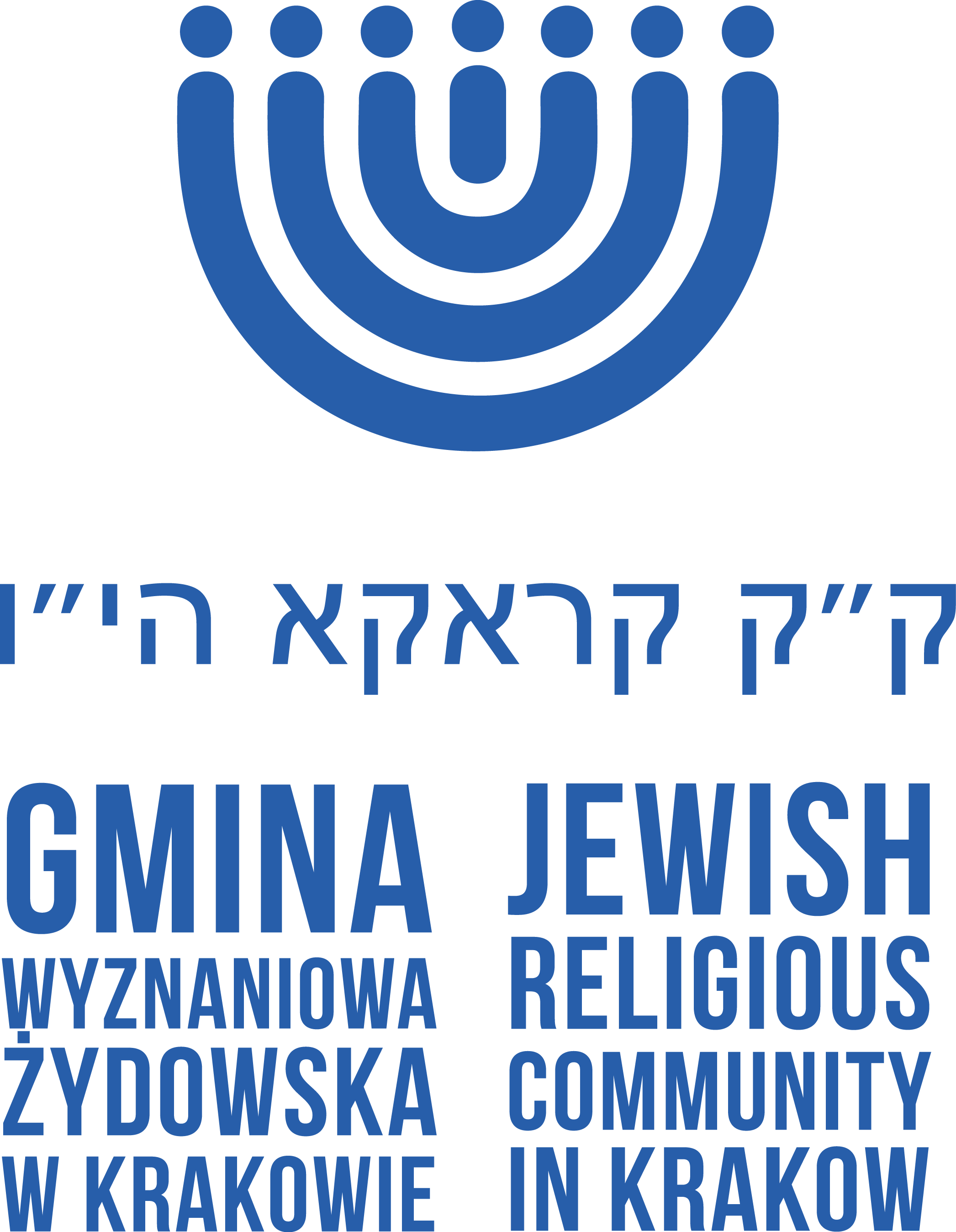We are now publishing a chapter by chapter summary of Majer Bałaban’s Historia Żydow w Krakowie i na Kazimierzu 1304-1868 (Kraków, “Nadzieja”, 1931) – History of the Jews in Kraków and in Kazimierz – which will be able to be found under the category “Bałaban” and “History”. We express our hopes that it might be useful.
This is chapter three, tome one, pages twenty-nine to thirty-eight, titled “Beginning of the intolerance against the Jews in the reign of Wladyslaw Jagielly (14th-15th centuries)”.
The reign of Wladyslaw Jagielly was not good for the Jews of Krakow. The king, a recent convert to Christianity, was under great influence of the church. Right at the beginning, he did not renew the Privileges that had been granted by his predecessor. Already in 1360 Jews were persecuted in Breslau, which expanded to other cities. In 1389 the Jewish community of Prague was almost wiped out.
Information from Bohemia and Silesia reached Poland and caused great fear among the Jews of Krakow. A document describing the murders in Prague is found today with an annotation praising the slaying of the Jews. In 1403 a local writer described in detail the murders.
Trials began, influenced by news from the West, about Jews desacrating communion wafers and of killing innocents. The first one was in 1399 in Poznan. Soon others took place in Greater Poland. Around 1400 treaties were being written asking whether Jews should be expelled from Poland or not.
On 26 July 1400 Wladyslaw Jagielly took part in a ceremony on the Jewish Street renewing the Academy. The Academy had been owning houses on the Jewish street since 1392. Having the students mix up with the Jews stirred up more trouble. Around the turn of the 14th century a priest stirred up a mob against the Jews. The mob was twice contained with arms but eventually in 1408 attacked the Jews and ransacked their houses, while the Jews were hiding in St. Anne’s Church.
Records show that much was stolen from Jewish houses. The king made the city elders responsible and they had 8 days to turn the guilty in. People assembled near the Jewish gate and begged to have 2-3 guilty people turned in and not actually have everyone be made responsible. The city elders asked the king and his answer was negative. There was another assembly and 35 people admitted to responsibility. In 1409 there was a trial, and documents show that most people had taken part in the ransacking. The results of the trial are unknown. Memory of the pogrom stayed in Krakow for many years. An antisemitic text from the 17th century mentions it. Another pogrom took place in 1423, but this time the city elders were responsible for it.
Both pogroms were mostly motivated by the hatred of the debtors against the creditors and by stories about gigantic Jewish wealth, fuelled by the church. In 1423 Jews were forbidden to lend money on mortgages or promissory letters, but only by pawning. Every promissory letter had to be re-registered. Documents from the 15th century show that Jews were still lending money, but mostly by pawning. Buying property was for Jews much harder.
opinions expressed in the text belong solely to the author, and not to the author’s employer, organization, committee or other group or individual.
text: Dr D Cohen

